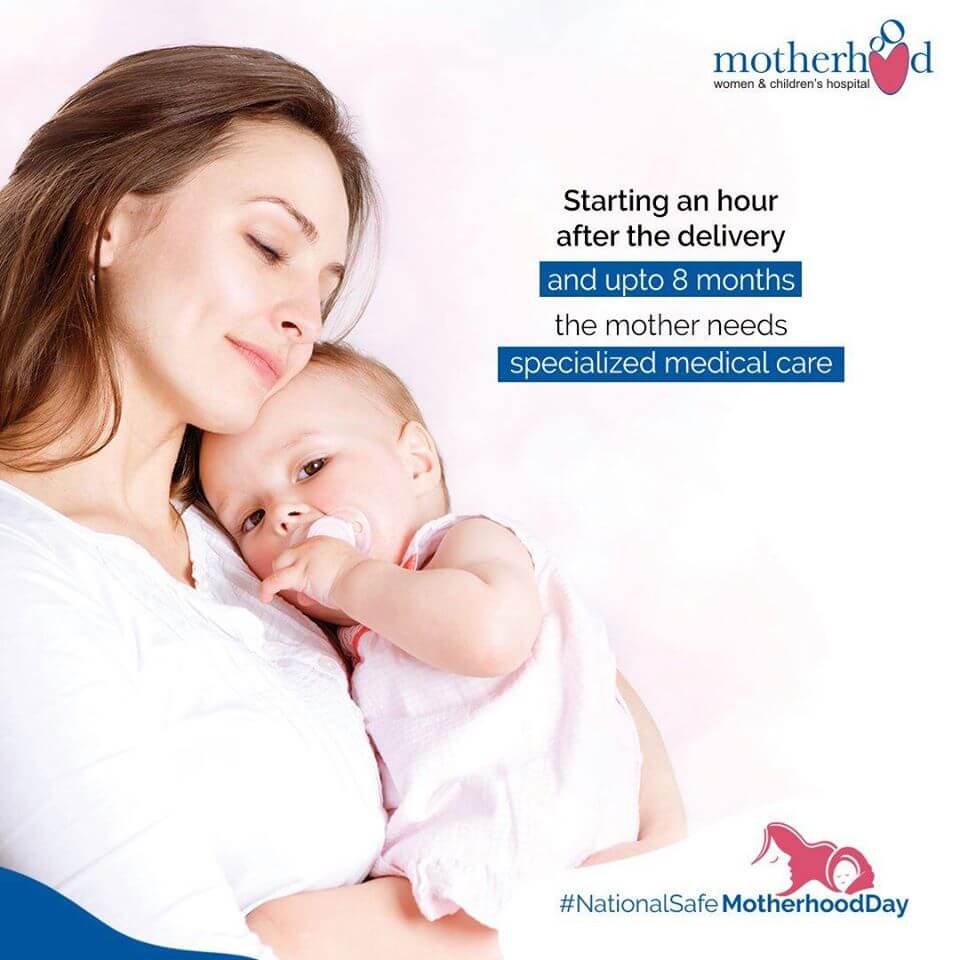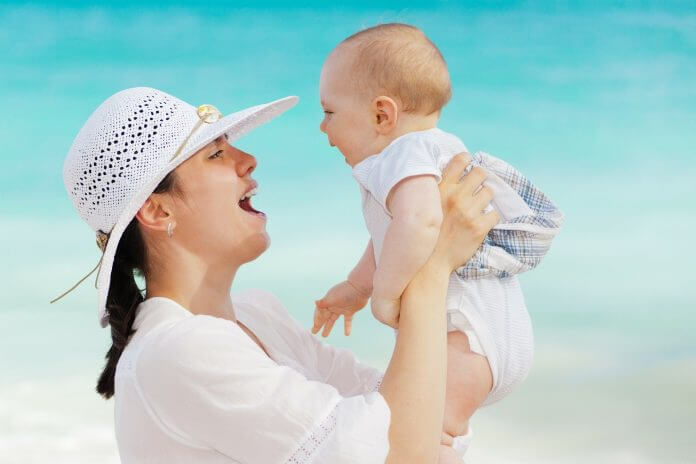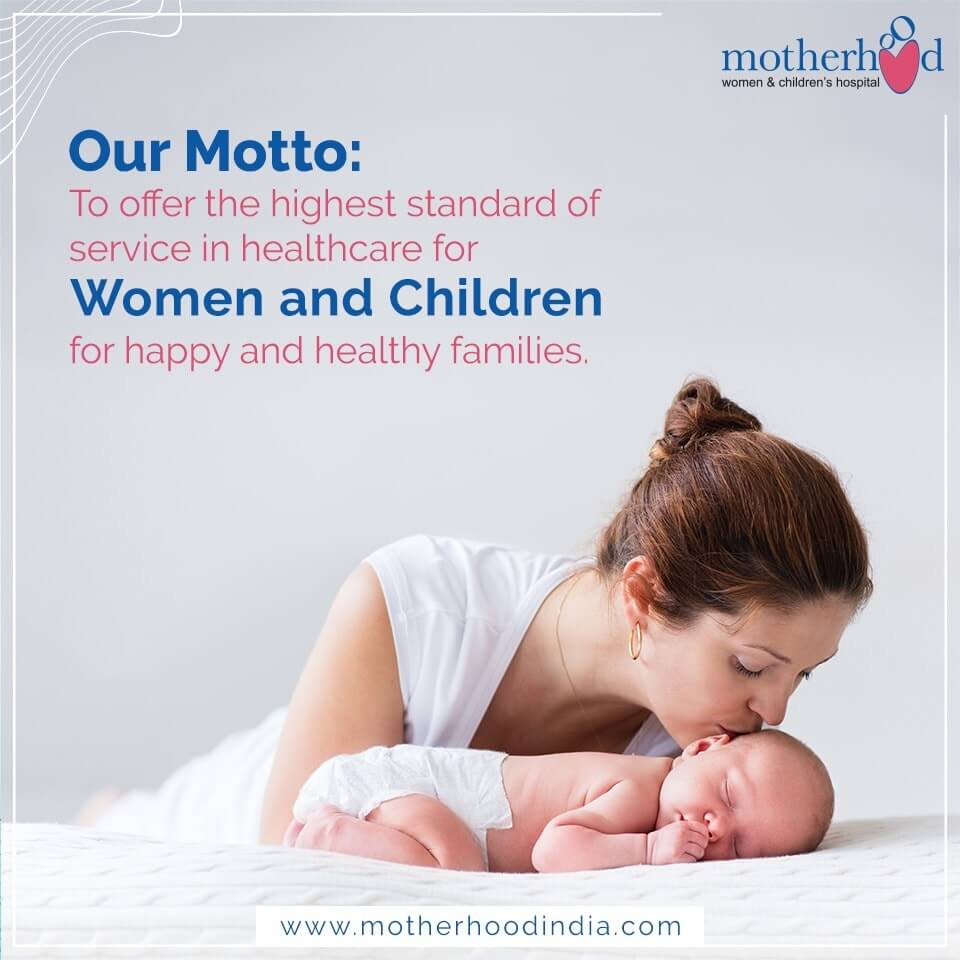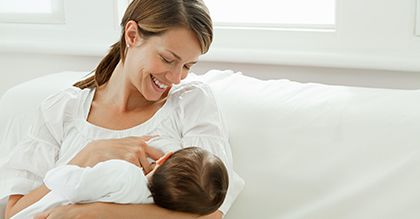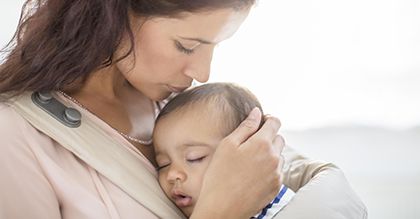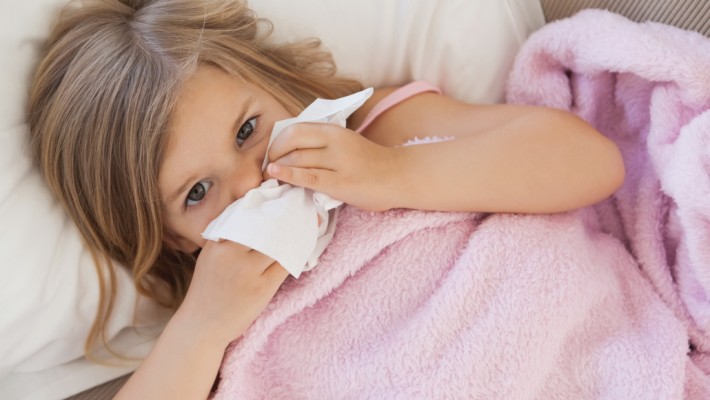Chickenpox in Toddlers:
Chickenpox (varicella), a viral illness characterised by a very itchy red rash, is one of the common infectious diseases amongst children. It is usually mild in children but occasional complications like bacterial pneumonia may occur.
People who have had chickenpox almost always develop lifetime immunity (meaning you are extremely unlikely to get it again). However, the virus remains dormant in the body and it can reactivate later in life and cause shingles.
What causes chickenpox?
Chickenpox is caused by the herpes varicella-zoster virus. It is spread by droplets from a sneeze or cough, or by contact with the clothing, bed linens or oozing blisters of an infected person. The onset of symptoms is 10 to 21 days after exposure. The disease is most contagious a day or two before the rash appears and until the rash is completely dry and scabbed over.
What are the symptoms of chickenpox?
Chickenpox appears as a very itchy rash that spreads from the torso to the neck, face, and limbs. The symptom lasts for 7 to 10 days, the rash progresses from red bumps to fluid-filled blisters (vesicles) that drain and scab over. Vesicles may also appear in the mouth, on the scalp, around the eyes or on the genitals and can be very painful.
This cycle repeats itself in new areas of the body until all of the sores have healed (takes about two weeks). The disease is contagious until all the spots have dried up. Unfortunately, the virus is also contagious for at least one day before the rash breaks out.
When to seek medical advice?
- You think your child has chickenpox. A doctor can confirm your diagnosis
- Chickenpox is accompanied by severe skin pain and the rash produces a greenish discharge and the surrounding skin becomes red, these are signs of a secondary bacterial skin infection
- Chickenpox is accompanied by a stiff neck, persistent sleepiness or lethargy as these are symptoms of a more serious illness such as meningitis or encephalitis. Get medical help immediately
- While your child is recovering from chickenpox and gets fever, convulsions, starts vomiting, or feeling drowsy. Get medical help immediately
- An adult family member gets chickenpox
- You are pregnant, have never had chickenpox and are exposed to the disease. Your unborn child may be at a risk so seek medical advice without delay.
What is treatment for chickenpox?
Chickenpox is extremely contagious. Keep your child at home until all of the blisters have burst and crusted over.
Most cases of chickenpox require little or no treatment beyond treating the symptoms.
The prescription antiviral drug Aciclovir is effective for shortening the duration of chickenpox symptoms and may be recommended for certain people with chickenpox, such as pregnant women, those with a weakened immune system and adults who seek medical advice within 24 hours of the rash appearing.
In addition, your doctor may recommend painkillers and an antihistamine to relieve pain, itching and swelling. Antibiotics are used if a secondary bacterial skin infection arises or if the person with chickenpox develops bacterial pneumonia.
Vaccination for chickenpox:-
IAP(Indian academy of pediatrics) recommends two doses of chickenpox vaccine for children, adolescents, and adults.
Children should receive two doses of the vaccine’the first dose at 15 months and a second dose at 4 and half years.
Kids who are older than 5 years but younger than 13yrars, who have not had chickenpox also may receive the vaccine, with the two doses given at least 3 months apart.
Kids 13 years or older who have not had either chickenpox or the vaccine need two vaccine doses at least 1 month apart.
By
Dr. Mohammed Yunus Kafil | Know your doctor https://www.motherhoodindia.com/dr-mohammed/


 Toll Free Number
Toll Free Number








